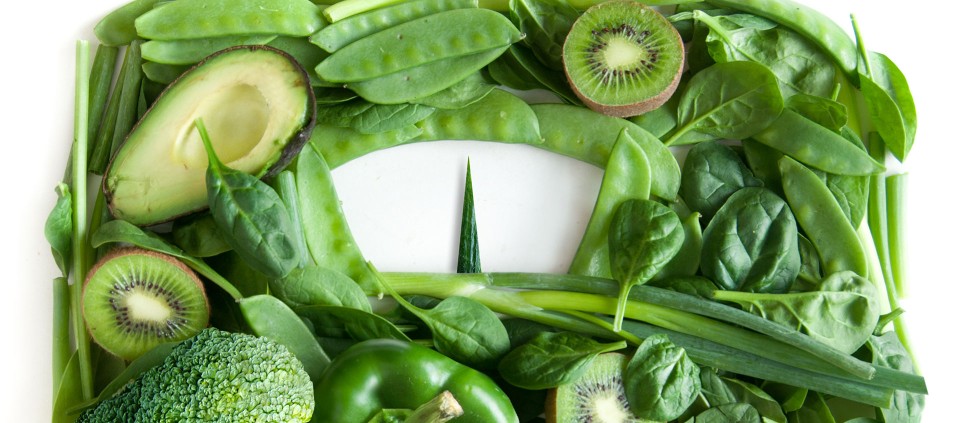The Two Most Important Weight-Loss Tips

I’ve spent the last 20 years studying the research on metabolism and weight loss, and working individually with hundreds and hundreds of people has allowed me to see firsthand what works and what doesn’t.
Here is the most important thing I’ve learned: Do not try to lose weight simply by cutting down on calories. Calorie restriction causes our metabolism to slow down. While this seems unhelpful when we're trying to lose weight, from an evolutionary perspective it’s actually quite adaptive. It’s something our body has learned to do to help us get through periods of famine.
However, in our modern era, this phenomenon of calorie restriction slowing metabolism has resulted in the fact that almost everyone tends to regain what they lost on a calorie-restricted diet, and then some. This is the experience of most people I've worked with, and I suspect it will ring true for many of you, too. Here’s a New York Times article about the contestants from The Biggest Loser, which prompted a round of media attention to this problem back in 2016.
But rapid weight loss followed by rapid weight gain doesn’t have to happen. Here's what you need to know to avoid this:
1. Don't cut calories, unless it's a change you can keep up for the rest of your life. This is the difference between dieting (a verb, meaning something we do for a short period of time, only to return to prior habits) and changing our diet (noun, which means making a permanent change to what and how we eat). If you’ve cut down to an 1,800-calorie-a-day diet from 2,200, that’s okay as long as you plan to eat only 1,800 calories pretty much forever. Some people really do that, and it can work; programs like WW can often help. But, if you do go back to 2,200 per day, you will gain it all back because your metabolism can no longer process that many calories effectively.
2. Instead of cutting back on calories, cut back on carbs. Research has shown that people who lose weight by following a low-carb diet have less slowing of their metabolism than people on a low-fat diet. A 2018 study showed that people on a low-carb diet only had their metabolism slow down by 95 calories a day on average (and some people actually had a boost in metabolism, meaning they actually ate more). Those people on a low-fat (i.e., high-carb) diet burned 400 fewer calories per day than before they started dieting. That’s a lot they couldn’t eat anymore without gaining weight. For some people in the study, the number was closer to 600 calories less. That's an entire meal they could no longer eat without gaining weight.
I get very discouraged when I hear doctors and nutritionists say, “A calorie is a calorie—just cut down,” because it isn't true physiologically at all. One hundred calories of Coke has a very different impact on our blood sugar and insulin than 100 calories of kale or almonds, and this has profound implications on our tendency to gain or lose weight, as well as our risk of developing conditions like high blood pressure and diabetes.
So go for less sugar and fewer refined carbs, such as cereals, cookies, bread, pasta, crackers, etc. And no sugar in your beverages helps a huge amount. Bottom line: Change what you eat more than how much.
Lisa B. Nelson, MD, is Director of Medical Education at Kripalu.
Find out about weight-loss and healthy-living programs with Lisa B. Nelson at Kripalu.
© Kripalu Center for Yoga & Health. All rights reserved. To request permission to reprint, please email editor@kripalu.org.
Lisa B. Nelson, MD, is a family practice physician, Director of Medical Education for Kripalu programs, and a Kripalu faculty member who has trained thousands of individuals in mind-body practices for health and vitality.
Full Bio and Programs